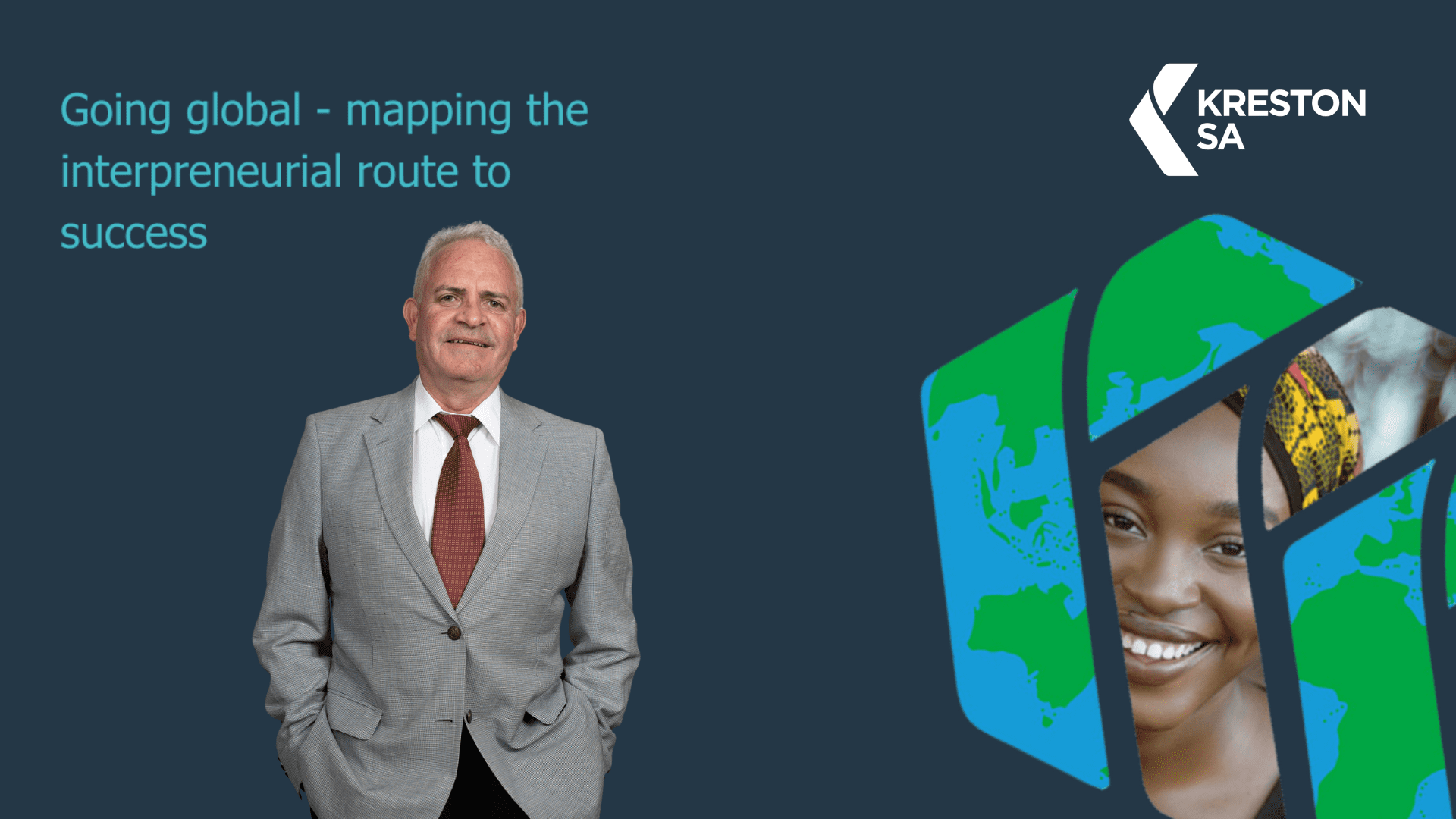My Journey and the Evolution of South African Entrepreneurship
I began my career as an article clerk in 1990 at Deloitte in Pretoria, during an era predating laptops and mobile phones, where all accounting work was performed manually. At that time, most graduates aspired to join large corporations, often remaining with these companies until retirement.
In 1990, South Africa was still under the Apartheid regime. International sanctions severely restricted travel abroad, limiting entrepreneurial opportunities to South Africa and its neighboring countries. However, the landscape changed dramatically after the first democratic elections in 1994. The lifting of sanctions and the advent of new technologies created new avenues for aspiring entrepreneurs.
Who remembers Mark Shuttleworth? He was South Africa’s first notable tech entrepreneur, founding Thawte Consulting in 1995, a company specialising in digital certificates and Internet security. In 1999, he sold Thawte to Verisign for an impressive US$575 million (more than R1 billion). Shuttleworth further cemented his fame in 2002 by becoming the second self-funded space tourist, spending approximately US$20 million on his voyage aboard the Russian Soyuz mission. Not bad for a 29-year-old entrepreneur!
My path, however, took a different turn. From 1990, I was entrenched in the corporate race, striving to enrich others. I became a partner at Deloitte in 1999, and in 2004, I joined Bigen Africa as a director and shareholder. Over time, a persistent thought nagged at me: life is too short to work for a boss or with people who don’t share your values. In 2017, my wife and I founded Ethixworx (Pty) Ltd, a company focused on financial and ethics consulting, and we haven’t looked back since.
In Kreston Globals’s recent “Intrepreneur survey”, it was evident that business leaders and other entrepreneurs are overwhelmingly optimistic about global entrepreneurial expansion. The survey, which included 1,400 C-suite business leaders from 14 countries, including South Africa, provided fresh insights into their strategic outlook and the factors driving their global expansion
Market Saturation and Economic Instability: The South African market is limited, and economic ups and downs push many to look for growth in more stable international markets.
Technological Advancements: Technology has made it easier to operate globally. E-commerce, digital marketing, and online communication tools have removed many barriers.
Access to Capital and Diversification of Risk: Expanding internationally opens doors to more investment opportunities. It also allows businesses to spread risk across different economies.
Trade Agreements and Policies: Favorable international trade policies have made it easier for South African businesses to enter and operate in new markets.
Global Networks and Talent Acquisition: Forming international partnerships and accessing a broader talent pool are crucial for innovation and growth in today’s connected world.
The drive to expand globally is strong among South African entrepreneurs, despite challenges like economic volatility, logistical issues, and finding reliable local partners. Entrepreneurs are not just seeking profit but also looking to share South African creativity and resilience with the world.
By embracing these opportunities, South African business leaders are ensuring their own growth and contributing to the global economy. The entrepreneurial spirit that thrived under constraints is now flourishing in a freer, more technologically advanced world. The future looks bright, and I’m excited to see where it takes us.
Wallie Louw
Director | Kreston SA

